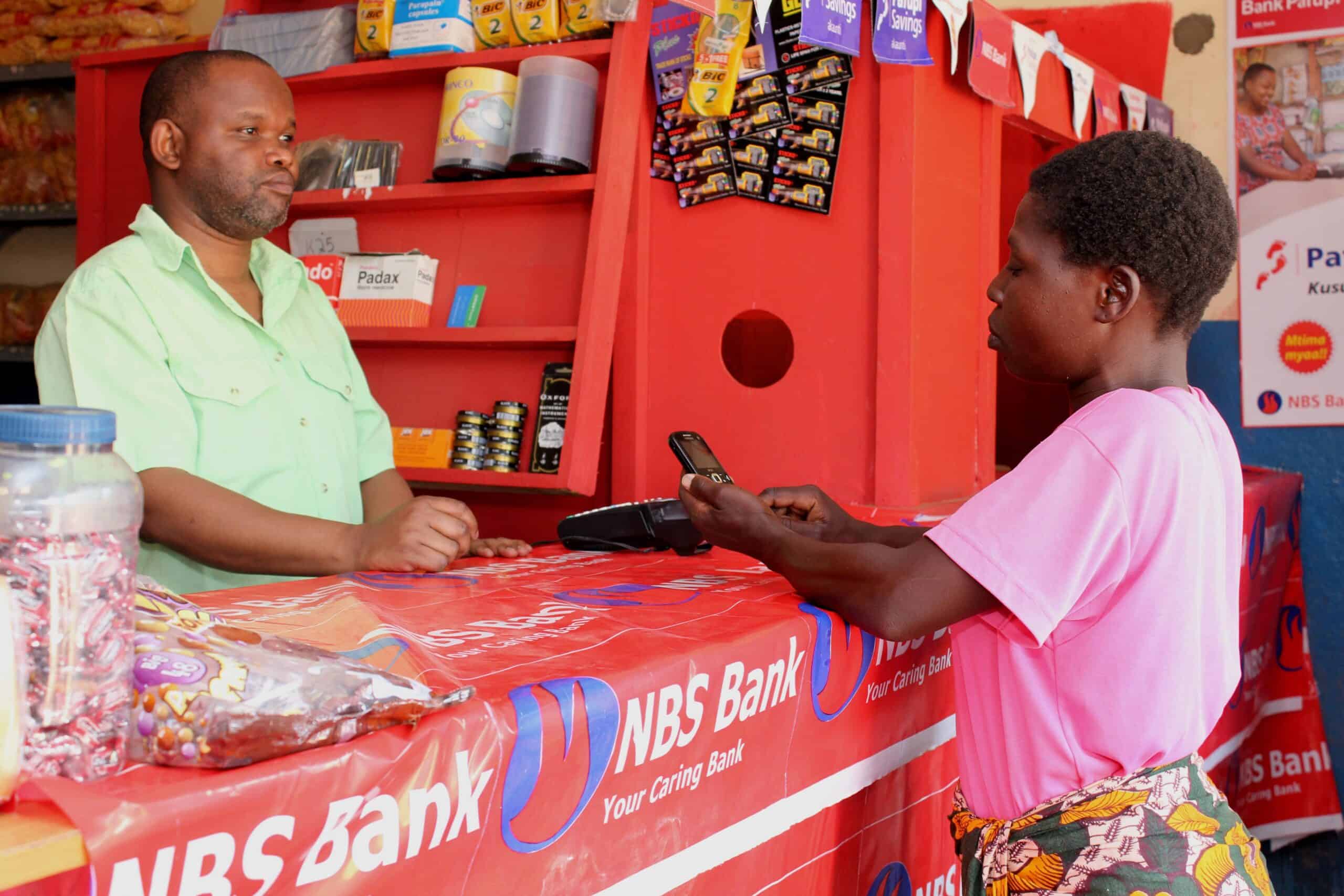
In Malawi, we bring the bank to her
A case study on NBS Bank’s Pafupi savings account, a mobile and agent-led savings product to reach low-income women in rural Malawi.
Explore the latest global and regional insights from Women’s World Banking’s work in policy, leadership, women’s entrepreneurship, gender lens investing, and more.

A case study on NBS Bank’s Pafupi savings account, a mobile and agent-led savings product to reach low-income women in rural Malawi.
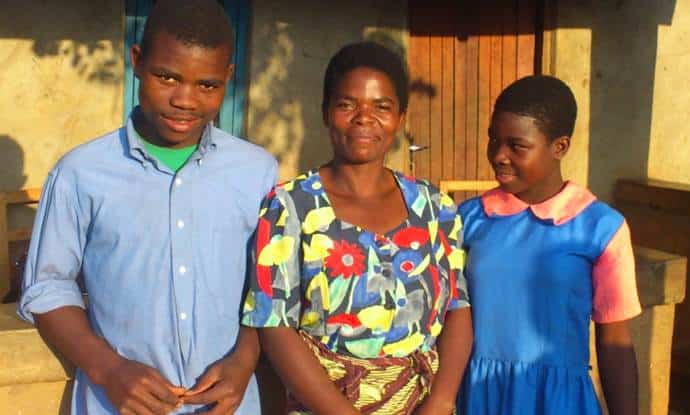
A new case study on our work with NBS Bank designing a digital savings account that addresses the barriers to banking facing low-income women in rural Malawi.
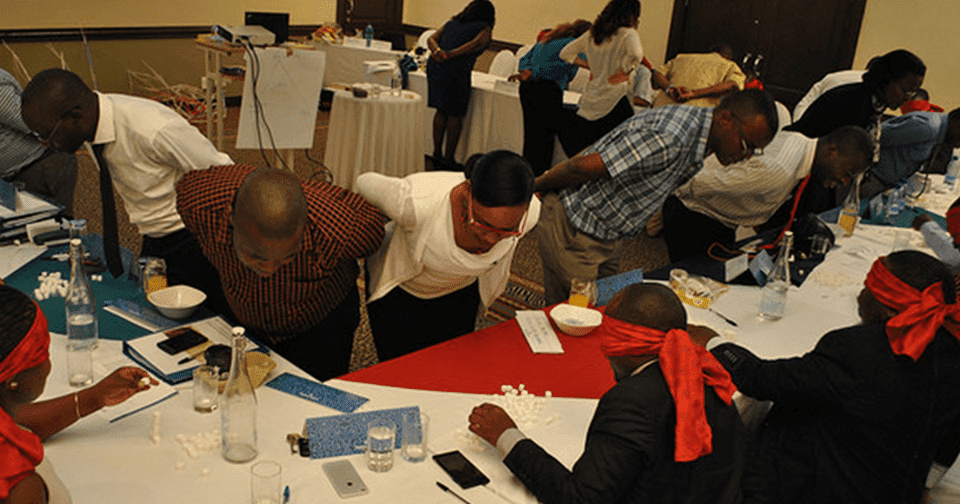
The comprehensive leadership training program we delivered for NBS Bank reinforced the institutional “must-haves” for programs to have a long-term impact.
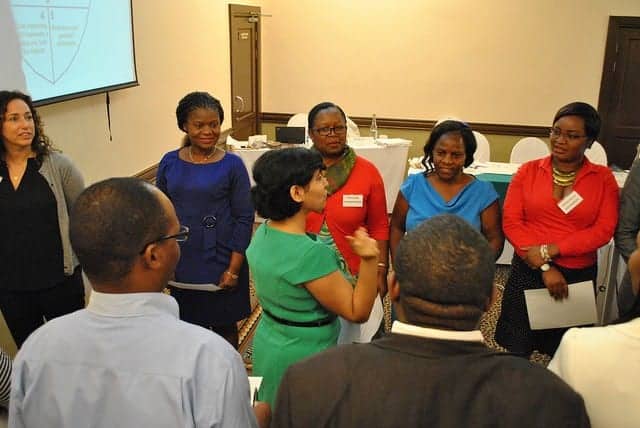
Our Management Development Program at NBS Bank (Malawi) helped managers understand their core values and leverage their differences to better work together to serve women.
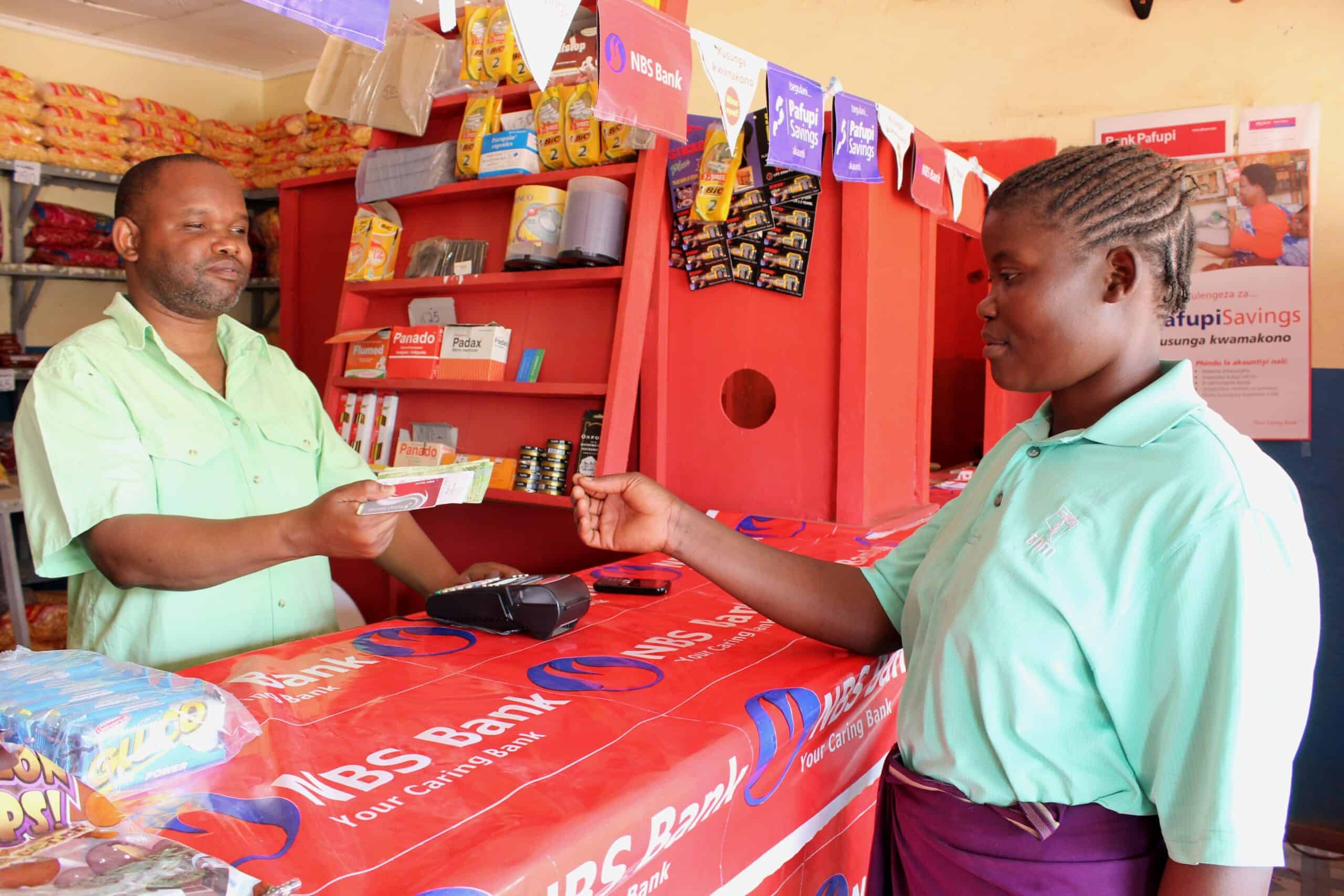
A bank and regulator share how they were able to partner effectively to bring digital financial services to low-income rural women in Malawi.
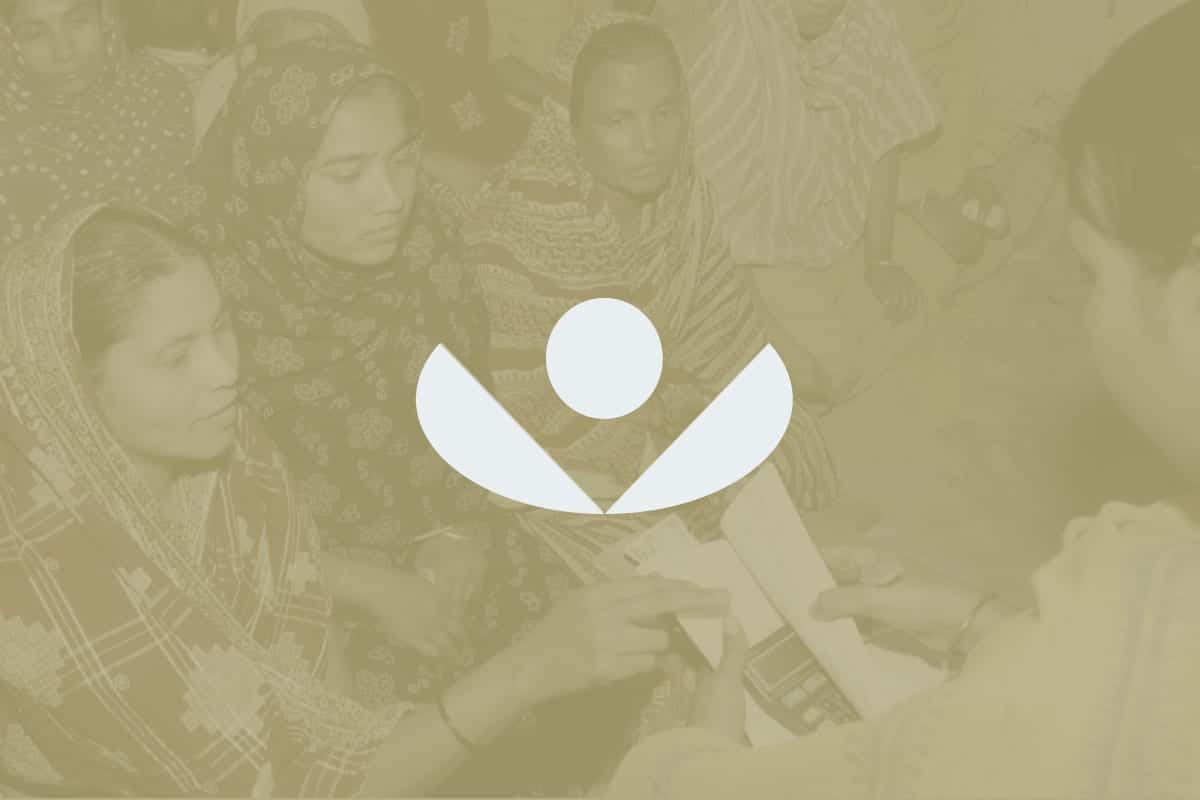
Women’s World Banking, with support from UNCDF, worked with NBS Bank in Malawi to research, understand and design a digital financial product to increase access to financial services to low-income communities, particularly women, in rural areas.
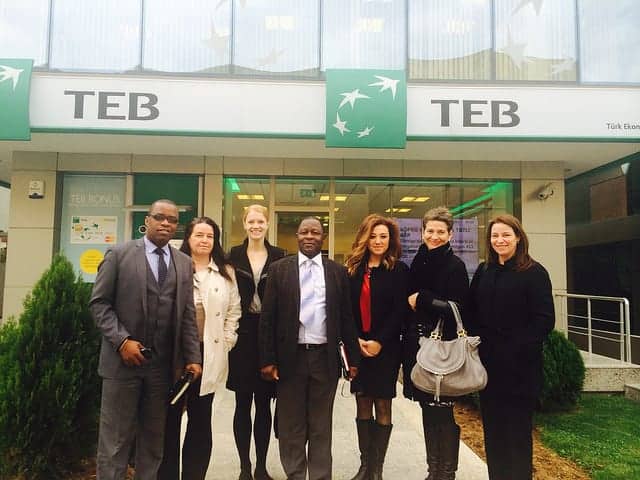
Women’s World Banking and NBS Bank (Malawi) toured TEB (Turkey), a best practice bank serving SMEs to learn from its approach and innovations in serving this segment.
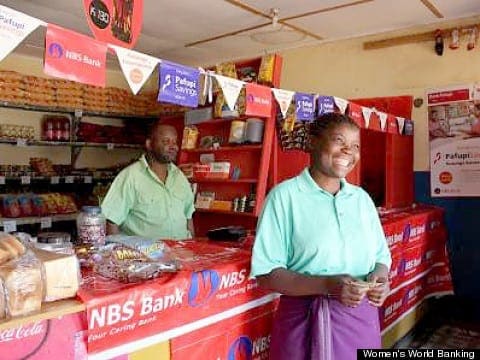
Nearly one billion women around the world do not have access to a bank account. Many of the barriers that these women face will sound familiar — lack of decision-making power within their families, lack of education, lack of formal employment.
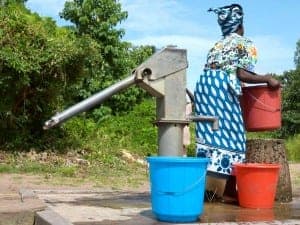
Women’s World Banking believes that in order to serve women well, we must understand the social, cultural and political context in which they live and the distinct financial needs that they face. And while women’s experiences and needs vary, from the Middle East to South Asia, one common finding is this: women’s work – both domestic and income-generating – is undervalued, if not completely disregarded, especially in rural communities across the world.